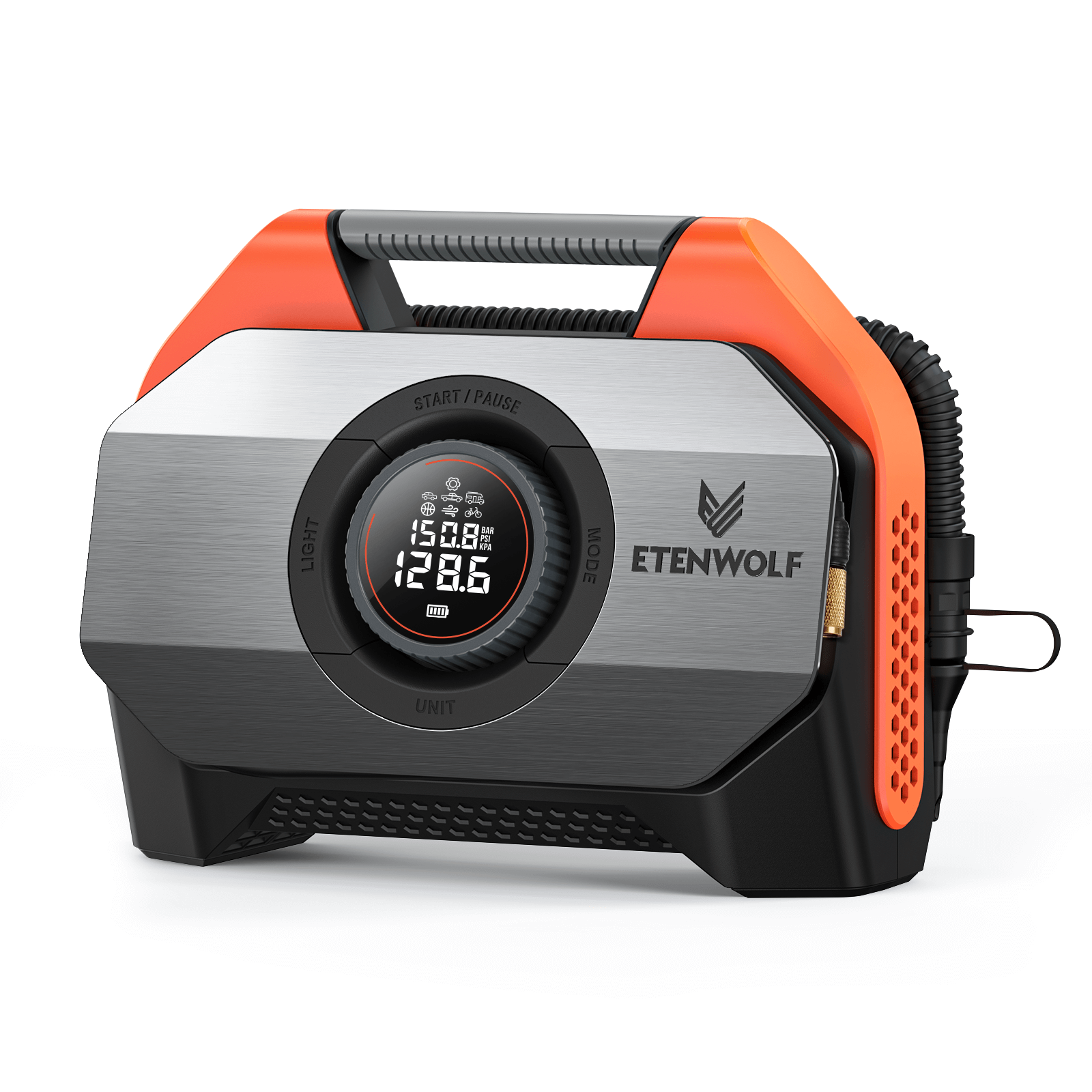![[GetPaidStock.com]-680a589b678eb](https://blogpulseguru.com/wp-content/uploads/2025/04/GetPaidStock.com-680a589b678eb-1024x716.jpg)
In today’s data-driven world, protecting personal information isn’t just about compliance it’s about building a trustworthy brand. As businesses face increasing scrutiny over how they collect, store, and manage data, the need for practical GDPR guidance is greater than ever.
This article provides real-world tips for navigating GDPR compliance with confidence, focusing on two crucial elements gdpr data encryption requirements and the role of ISO 27001 in strengthening your data security framework.
Understanding GDPR Data Encryption Requirements
Encryption plays a vital role in protecting the confidentiality and integrity of personal data under the GDPR. While the regulation doesn’t mandate encryption for every organization, it strongly recommends it as part of a risk-based approach to data security.
So, what exactly are gdpr data encryption requirements?
-
Article 32 of the GDPR calls for “appropriate technical and organizational measures” to ensure a level of security appropriate to the risk, explicitly mentioning encryption as one such measure.
-
Data at rest (stored data) and in transit (data being transmitted) should be encrypted to reduce exposure in the event of unauthorized access or a data breach.
-
Encryption should be backed by robust key management policies, ensuring only authorized personnel have access to decryption keys.
In short, implementing strong encryption not only helps meet legal requirements—it also positions your organization as a responsible data custodian.
ISO 27001: A Framework for Ongoing Compliance
While GDPR sets out what organizations must achieve, ISO 27001 provides a structured framework on how to achieve it.
ISO 27001 is the internationally recognized standard for Information Security Management Systems (ISMS). It helps businesses of all sizes systematically manage sensitive data and reduce risk through a cycle of continual improvement.
Key benefits of ISO 27001 in the context of GDPR include:
-
Risk Management: ISO 27001 requires regular risk assessments, which align perfectly with GDPR’s accountability principle.
-
Policy Development: It provides guidance on creating data protection policies, access controls, and incident response plans.
-
Audit-Readiness: ISO 27001 certification demonstrates to regulators, partners, and customers that your business takes information security seriously.
-
Encryption Compliance: It supports compliance with gdpr data encryption requirements through detailed technical controls and security guidelines.
For businesses seeking a reliable blueprint for data protection, ISO 27001 is a natural ally to GDPR.
Real-World Tips for GDPR Compliance
Here are a few practical tips to help your business meet GDPR obligations effectively:
-
Map Your Data: Identify what personal data you collect, where it’s stored, who accesses it, and why.
-
Encrypt Strategically: Don’t just encrypt everything blindly—evaluate the sensitivity and risk level of data and apply encryption where it makes the most impact.
-
Adopt ISO 27001 Practices: Even if full certification isn’t feasible, adopting key ISO 27001 principles will strengthen your security posture.
-
Train Your Team: Ensure employees understand their role in protecting data and complying with GDPR.
-
Document Everything: Keep clear records of data processing activities, encryption practices, and security controls.
Final Thought
Compliance doesn’t have to be complicated. By understanding the gdpr data encryption requirements and leveraging proven frameworks like ISO 27001, your business can stay ahead of risks, avoid costly breaches, and earn the trust of customers and regulators alike.
Stay tuned for more insights from The Practical GDPR Advisor—your partner in building a privacy-first, security-focused business.





